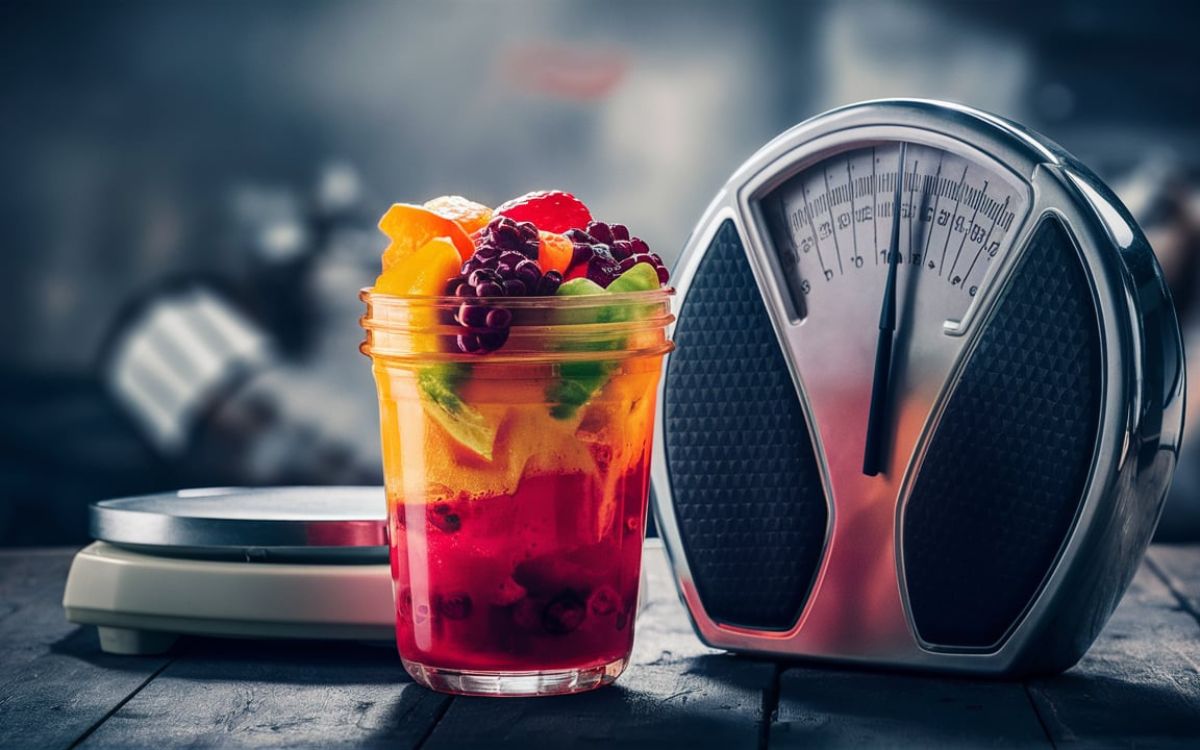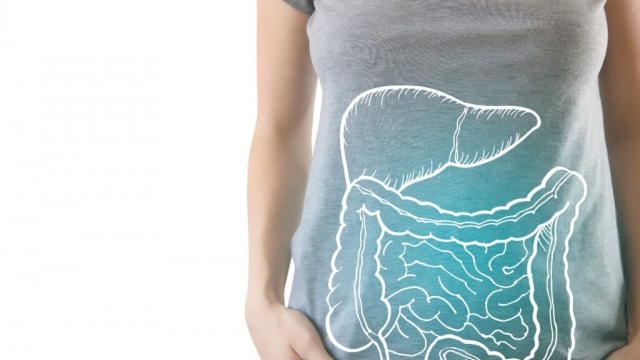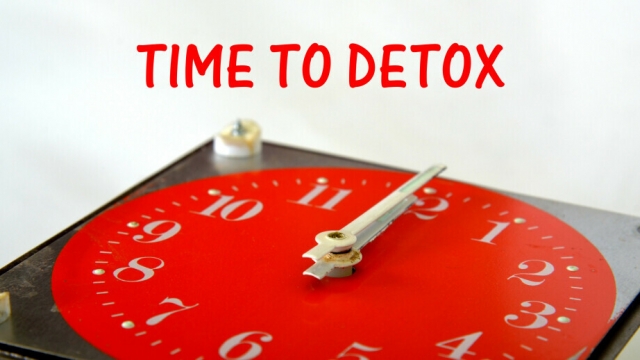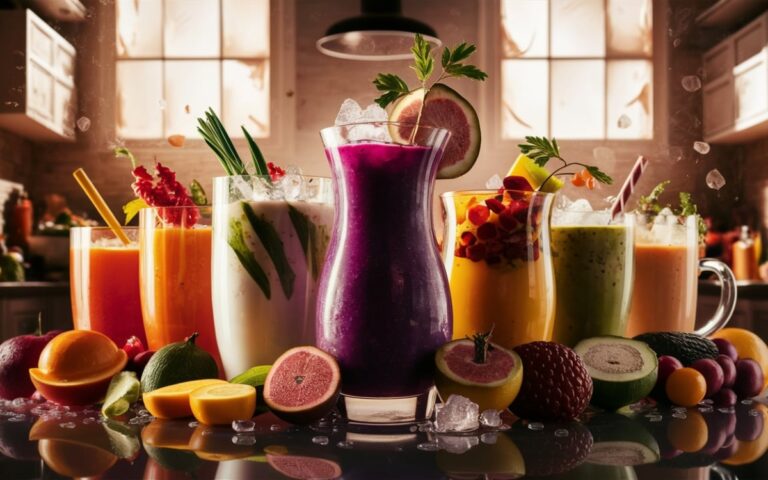Are Protein Drinks Good for Weight Loss?
Undoubtedly, protein holds a royal status in a balanced diet. It’s one of the most extensively studied nutrients, and health and fitness professionals agree that protein plays a crucial role in maintaining overall health and wellness.
Many individuals striving to lose weight often turn to protein drinks. But the question remains: are protein drinks good for weight loss?
Several studies demonstrate a correlation between protein intake and weight loss. In this article, we’ll see how protein drinks are good for weight loss.
Key Takeaway

Why are protein drinks considered beneficial for individuals aiming to lose weight?
When you’re aiming to shed excess weight, protein drinks can be a valuable addition to your routine for several reasons.
Firstly, protein makes you feel full and can lead to a reduction in overall calorie consumption. Protein achieves this by stimulating hormones such as GLP-1 and PYY, which convey satisfaction to your brain and diminish the desire to eat more.
Secondly, a higher protein intake can enhance your metabolism, leading to an increased calorie burn throughout the day, including during rest and sleep.
Additionally, ensuring adequate protein intake, particularly during strength training, aids in preserving muscle mass during weight loss. Maintaining muscle mass is vital for sustaining a healthy metabolism, given its significant role in metabolic health.
Related Article: What Can You Eat While Taking The Cleaner Detox?
Plus, digesting and metabolizing protein itself requires energy, so you burn extra calories just by consuming it—a process known as the thermic effect of food.
While protein drinks can be a convenient way to up your protein intake, it’s important to remember to include them as part of a balanced diet rather than relying solely on them for nutrition.
What role do protein drinks play in a weight-loss regimen?
Given the numerous lifestyle and dietary factors that play a role in weight loss research, establishing a direct link between protein shakes and weight loss proves to be challenging.
However, some of the roles protein drinks play in weight loss include:
Aid in weight management
A systematic review in Nutrients revealed that adults with excessive body weight managed their body weight better with protein-rich dietary interventions.
Participants who increased their protein intake reduced their body weight by an average of 1.6 kg as compared to the control group.
Related Article: Achieving Balance With A Regular Detoxification Practice
Furthermore, a study in the British Journal of Nutrition reported that high-protein diets offer potential benefits, especially for overweight individuals showing signs of metabolic syndrome.
Such diets have been associated with significant weight loss, decreased body fat, and enhanced metabolic health indicators, including blood pressure, lipid profiles, and insulin sensitivity.
Decrease hunger and appetite
Protein drinks have demonstrated their effectiveness in reducing hunger and appetite.
The primary reason is protein’s ability to prolong feelings of fullness, partly because it triggers the release of the fullness hormones GLP-1 and PYY.
Research indicates that a higher intake of protein can lead to reduced hunger throughout the day.
For instance, a 2020 study in Nutrition and Diabetes reported that older, non-obese men experienced slower gastric emptying and less energy intake suppression after consuming a 30g whey protein drink compared to younger men.
Moreover, a study from 2023 observed that older adults who consumed a hot protein drink had a faster gastric emptying rate and higher levels of hunger.
The longer digestion time for protein, compared to carbohydrates, helps explain its appetite-suppressing effects. Consuming more protein can extend this satiety effect.
Lower belly fat
Several studies have established a link between high protein intake and a decrease in abdominal fat.
A publication in Nutrition & Metabolism revealed that an inverse relationship exists between the intake of quality protein and the presence of abdominal fat.
Additionally, ScienceDaily has released a report that explains how consuming protein can protect against fatty liver disease, a condition often associated with abdominal fat.
Support healthy metabolism and lean muscle
A systematic review in Sports Medicine has determined that protein supplements accelerate muscle mass and strength gains, leading to enhanced aerobic and anaerobic power.
Nutrition Reviews published a study that assessed the dose-response effects of protein intake on lean body mass.
The study revealed that a slight increase in current protein intake by 0.1 g/kg/d over several months, in a dose-dependent manner across a range from 0.5 to 3.5 g/kg/d, can increase or preserve lean body mass.
Related Article: The Benefits Of A Raw Food Cleanse
How to Use Protein Drinks for Weight Loss?
Protein drinks can be a strategic tool in your weight-loss journey when used thoughtfully.
Incorporating them as a meal replacement is a popular approach. By substituting a protein shake for one meal daily, you can manage your calorie intake more effectively.
This can be particularly useful for breakfast or lunch, where a quick, protein-rich drink can save time and reduce the temptation of higher-calorie meals.
After exercise, a protein drink serves as an excellent post-workout recovery aid, helping to repair and grow muscles, which is crucial after strenuous activity.
Lastly, protein drinks can act as a snack alternative. Instead of reaching for processed snacks, a protein drink can satisfy hunger with beneficial nutrients while keeping the calorie count in check.
Related Article: Colon Cleanse: Detoxifying Your Digestive System
Balancing Protein Intake for Optimal Weight Loss Results
To understand your protein needs, it’s essential to recognize that protein requirements vary based on age, muscle mass, health, and activity levels. Experts generally recommend that protein should constitute 10% to 35% of your daily caloric intake.
Specifically for weight loss, consuming 25% to 30% of your calories from protein, or 1–1.2 grams per kilogram of your ideal body weight daily, can be advantageous.
Your body has a limit on how much protein it can absorb at once—only 25 to 35 grams.
Therefore, spreading your protein consumption throughout the day, rather than consuming large amounts in one sitting, can enhance absorption and utilization.
For effective protein consumption, evenly distribute your protein intake across meals and snacks to stay within absorption limits. It’s also important to monitor your overall diet because protein is just one component of diet management.
A balanced diet should include proper portions of carbohydrates, fats, and fiber for weight loss and health mycleanseplan.
Keep in mind that protein needs are individualized. Tailor your intake to your specific needs, and if you have medical conditions like kidney disease, consult a healthcare provider to determine the appropriate protein amount for you.
Challenges of using protein drinks for weight loss
While protein drinks can indeed be beneficial for weight loss, they also come with several challenges.
One of the main challenges is their high caloric content. Protein shakes, especially those with additional ingredients, can be very high in calories.
If these drinks cause you to exceed your desired calorie intake, it could hinder your weight-loss efforts.
Relying heavily on protein drinks can inadvertently lead to nutrient deprivation, as you might miss out on other essential nutrients.
Consuming protein beyond the daily requirement also poses health risks. It can cause kidney and bone problems and may increase cancer risk. Additionally, some protein drinks may contain unsafe levels of contaminants.
Which Protein Drinks Help Weight Loss?
Consider the following protein drinks for your weight loss journey:
Premier Protein Shake: This ready-to-drink shake boasts an American Master of Taste Gold Medal for its superior taste. You can choose from nine flavors, and it contains just 1g of sugar.
Orgain Clean Protein Shake: Often recommended for weight loss, this is another convenient ready-to-drink option.
Great Lakes Wellness Collagen Peptides Powder: Opt for this collagen protein powder to mix into water or other beverages of your choice.
FAQs- are protein drinks good for weight loss
When is the best time to drink protein drinks for weight loss?
You can integrate protein drinks into your weight-loss regimen by using them as a replacement for meals or snacks.
They can serve as a convenient breakfast option in the morning, aid in muscle recovery post-workout, or substitute higher-calorie meals to cut down on overall calorie intake.
Can protein drinks assist in reducing abdominal fat?
Integrating protein drinks into a comprehensive diet and exercise plan can contribute to overall weight loss, including in the abdominal area.
Can protein drinks help maintain muscle mass during weight loss?
Yes, a high-protein diet, especially when combined with strength training, can help prevent muscle loss during weight loss for teens, which is important for maintaining a healthy metabolism.
References:
- https://www.mayoclinic.org/healthy-lifestyle/weight-loss/expert-answers/protein-shakes/faq-20058335
- https://www.healthline.com/nutrition/protein-shakes-weight-loss
- https://www.eatingwell.com/article/8060421/are-protein-shakes-good-for-weight-loss
- https://us.myprotein.com/thezone/supplements/drink-protein-shakes-weight-loss
- https://www.prevention.com/food-nutrition/g41780464/best-protein-drinks
- https://us.myprotein.com/thezone/supplements/drink-protein-shakes-weight-loss






